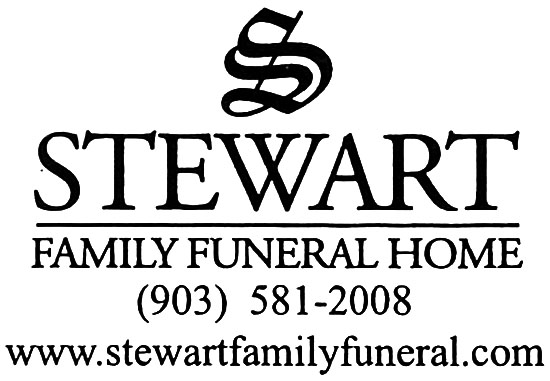Take steps to avoid home improvement scams
Published 10:00 am Saturday, September 21, 2019

- Mechele Agbayani Mills
The arrival of autumn means many homeowners will take advantage of the cooler weather to begin home improvement projects. As the home improvement industry regularly ranks among the top five sources of complaints and customer reviews year after year, the Better Business Bureau is warning consumers to choose contractors with care to avoid doing business with dishonest individuals.
Fall is the perfect time to start attacking some of those projects around the house. Some of those jobs will require a little bit of help, but it’s important to remember that choosing the right contractor can make the difference between a successful home renovation project and a disaster.
The BBB provides the following guidelines on selecting a trustworthy home improvement service.
— Solicit at least three bids from prospective contractors based upon the same specifications, materials, labor and time needed to complete the project. Discuss bids in detail with each contractor, making certain you understand the reasons for any variations in the prices. Remember not to make a decision based solely on the lowest bid. Cost differences may include issues such as quality of materials, craftsmanship and subcontracting for specialized labor.
— Don’t be pressured into making an immediate decision, regardless of how convincing the story and attractive the price. Reputable contractors will allow you time to think about their offer and get competing bids. The crooks want to get their money and get out of town as fast as possible.
— Ask for a business card or other literature with a company name, phone number and address. Having this information isn’t a guarantee of legitimacy, but not having it is a red flag that you may be talking to a fly-by-night operator.
— Ask about the company’s insurance. Do they carry worker’s compensation, property damage and liability insurance? Call to verify the contractor’s insurance coverage after obtaining the name of the carrier and agency.
— Check references. The BBB recommends homeowners ask all contractors for local references and then take the next step by finding out if those customers were satisfied with the contractor’s work. If possible, homeowners should visit and inspect completed projects.
— Ask the contractor to provide a lien waiver when the job is completed. A lien waiver is a statement that all suppliers and contractors have been paid for materials and labor.
— Get everything in writing. Be sure to have a detailed description of the work to be done, materials to be used and an estimated start and end date.
— Be wary of any contractor who demands payment in full before starting work and only accepts cash. In some cases, a contractor may need a down payment to cover materials, but the bulk of the money should not be due until the work is complete. As cash cannot be traced, it is in your best interest to pay with a credit card, check or other traceable methods.
Visit our home improvement information center for more tips and resources for your next home project. For more tips on how to be a savvy consumer or to share your experience with a business, go to bbb.org. To report a fraudulent activity or unscrupulous business practices, call the BBB at 903-581-5704 or report it via BBB Scam Tracker.







